GEJET - Great Eastern Japan Earthquake and Tsunami (and Nuclear Release) - Tenth Anniversary
Emergency Planning
MARCH 16, 2021
The tsunami museum at Rikusentakata, seen from atop the coastal tsunami barrier across the land that was devastated by the waves in March 2011 Thursday 11 th March 2021 was the tenth anniversary of the Japanese triple disaster: earthquake, tsunami and radiation release. I sent my greetings and respects to my Japanese colleagues and spent the day teaching my students about the event and its aftermath.
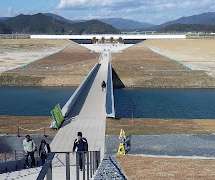




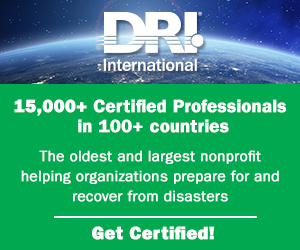


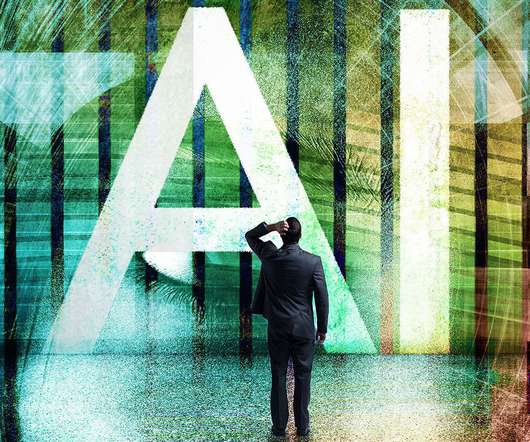
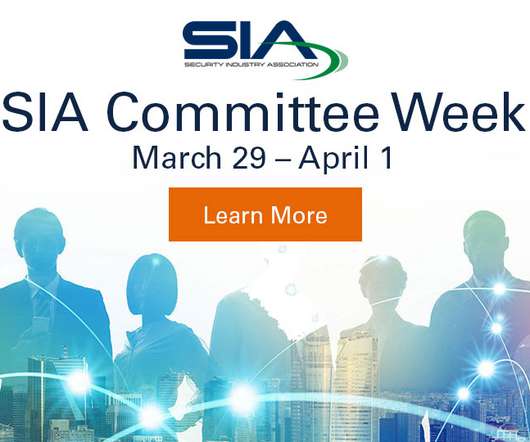
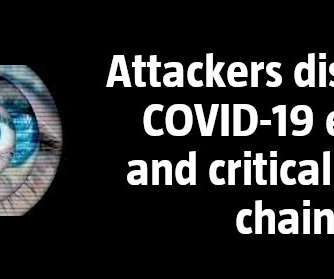











Let's personalize your content